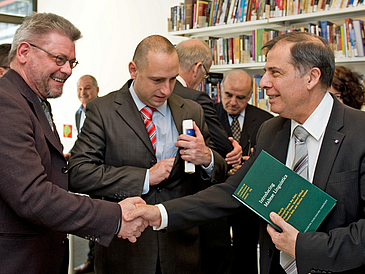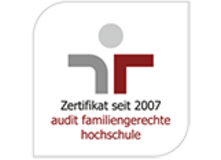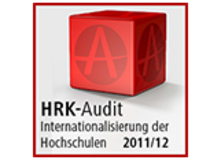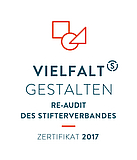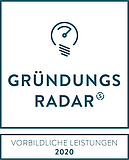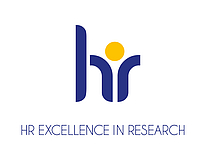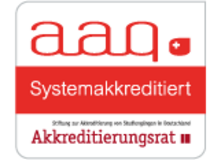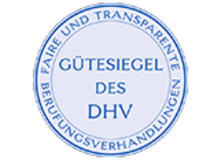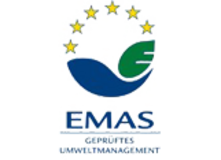Motor cycle escort, stretch limousine, dazzling flashlights: The scene as the University of Bremen plays host to a visiting statesman. On 13 March 2014 the President of the Maltese Republic, Dr. George Abela, came to the University of Bremen as part of his official visit to Germany. The reason for his two-hour visit was the Malta Center in the GW 2 building, where activities pivot around everything to do with Maltese language and culture.
The prominent visitor was warmly received by the University Rector Prof. Bernd Scholz-Reiter and the University’s Vice-Rectress for International and Intercultural Affairs, Prof. Yasemin Karaka?o?lu. Following a brief presentation of the University of Bremen by the Rector, the head of the Malta Center, Prof. Thomas Stolz, spoke about the institute’s activities. Stolz is member of the Institute of General and Applied Linguistics (IAAS) in the University of Bremen’s Faculty of Linguistics and Literary Sciences.
After this the Maltese delegation paid a visit to the Center, which is located in the GW 2 building. The center houses an archive of over 670 publications, making it the largest collection of Maltese literature outside Malta itself. Virtually all the literature published in the Maltese language since 2000 can be found there.
Meeting with students
Thomas Stolz and his research associate Benjamin Saade have a passion for everything Maltese. Many linguistics students of the University share this interest, learning Maltese – an official EU language – and sometimes taking part in excursions the Mediterranean island. Dr. George Abela met with some of them, pointing out that people with a command of the Maltese language can look forward to good job prospects in the European Union. In a farewell statement the Maltese President expressed his support for an expansion of the University’s Malta Center and its activities, possibly to include linguistic research on literary issues.
The interest in Maltese linguistics
Thomas Stolz, who initiated the Maltese-Bremen cooperation on the Bremen side, explains the importance of the Center as follows: “Maltese is spoken by some 400,000 people. Although written in the Latin alphabet, it is based on Arabic – and it is the only Arabic language to have official status in the European Union. The Maltese vocabulary is strongly influenced by the Italian language and, due to having once been an English colony, also by English – making it highly interesting for linguistics research.”






